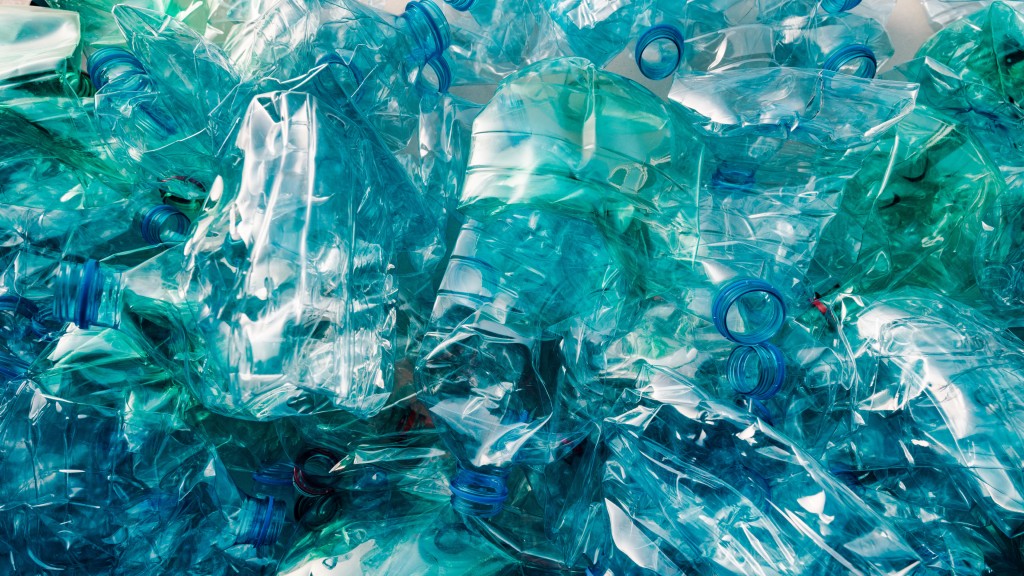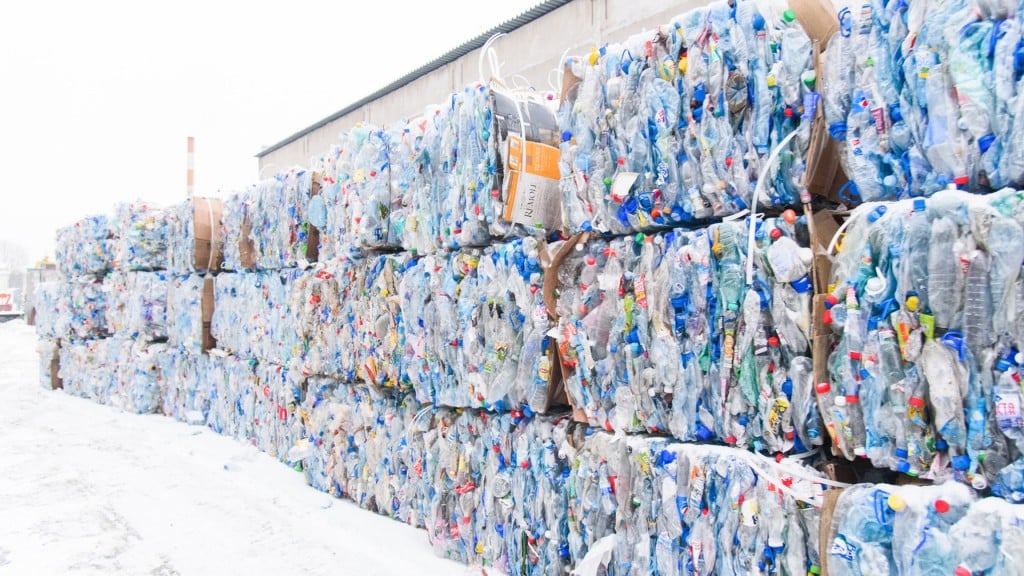
Our food is wrapped in it, beauty products are stored in it, and many items are made from it – plastic is everywhere. The fact that plastic is part of so many aspects of our daily lives can make it seem impossible to avoid. But the truth is with eco-movements like zero waste and plastic-free living gaining momentum, there are more options than ever to reduce plastic products in your life. Add that to these seven reasons to reduce plastics and you will see why now is the time to transition to a lifestyle that uses less plastic.
Plastic pollution endangers wildlife
There is currently enough plastic in the ocean to circle the earth 400 times and that number is only increasing. A report by Science journal estimated that anywhere from five to 13 metric tons of plastic makes ends up in our oceans yearly. Marine animals are increasingly getting entangled in plastic waste and starve to death. Others mistake plastic for food. When animals mistake plastic for food, it fills their stomach, so they think they are full, which leads to death from stomach ruptures, obstructions, or malnutrition.
Plastic takes a long time to break down
Our World in Data reports that plastic can take up to 1000 years to break down. A plastic bottle and diapers take 450 years or more, while a plastic straw takes about 200 years. What about plastic bags? Anywhere from 10 to 1000 years, depending on the type of plastic and the landfill conditions.
Plastic isn't biodegradable
This means that even when plastic breaks down, it doesn't disappear – it just breaks into smaller pieces called microplastics. These microplastics pose a danger to marine life, our health, and our groundwater.
Plastic contaminates our food
The average person consumes approximately a credit card worth of microplastic a week and many scientists believe this exposes us to harmful chemicals. Plastic gets consumed through the animals we eat who have previously ingested plastic, food and drinks packaged in plastic, microwavable plastic containers, and more.
Plastic contains endocrine disruptors
Many plastics leech endocrine disruptors, which are chemicals that mimic the body's natural hormones, and high exposure to these is linked to elevated cancer risk, menstrual issues, and fertility problems. A study by Environmental Health Perspectives tested 450 plastic household items from common retailers like Walmart and Whole Foods and more than 70 percent of them were found to leech chemicals that mimic estrogen. While another plastic toxicity study published in the journal Environmental Science and Technology showed similar findings where almost 75 percent of the plastics tests turned up some form of toxicity.
Plastic is not infinitely recyclable
Despite what many think, recycling isn't the final answer to our plastic problem. Unlike other recyclable materials like glass and aluminum, the possibility of reusing plastics to create a circular economy is difficult. It can only get recycled so many times before its quality has degraded beyond use and it ends up in a landfill. Also, keep in mind that this also hinges on the plastic getting through the recycling stream multiple times, which is highly unlikely – only 9 percent of plastic gets recycled.
There are alternatives to plastic
There are better materials that are widely available. These sustainable alternatives can help eliminate single-use plastic, are healthier for the environment, and better for our health.
Beeswax wrap can replace plastic wrap
Beeswax is a food-safe, reusable wrap made from fabric, beeswax, oil, and pine resin. It works much like plastic wrap where it will easily stick to itself, as well as containers. You can buy this type of wrap from small businesses or larger retailers. However, it can also be made at home.
Glass containers can replace plastic containers
Glass containers will outlast their plastic counterparts and won't leech toxic chemicals or microplastics into your food. Don't want to buy new? Upcycle glass jars from items like pasta sauce to store leftovers.
Cotton produce bags replace plastic produce bags
Grab a few cotton produce bags for your next grocery trip. That way you can skip all of the wasteful, plastic produce bags that only get used for a short time before being tossed. Alternatively, you can buy your produce loose and wash it once you are home.
Bamboo toothbrushes can replace plastic toothbrushes
Try a bamboo toothbrush the next time your toothbrush is due for a change. Once it has reached the end of its life in the bathroom, you can remove the bristles and put the wooden part in the compost.
Shampoo bars can replace plastic bottles of shampoo
It makes your hair just as clean but without all of the plastic packaging. To use, simply lather the shampoo bar in your hands and apply it to your hair as you would a regular shampoo. Conditioner bars are also available.
Washable pads can replace menstrual pads
Did you know that it isn't only the wrapping on menstrual pads that is plastic, but the pad itself contains plastic? For a plastic-free period, try swapping to washable cloth pads. They have zero packaging, come in fun patterns, and can save you money over time. Plus, they have no annoying crinkle and are much more breathable on hot days.
Safety razors can replace disposable razors
Ditch the disposable razors that are chockfull of plastic and try a safety razor. Their metal body can last you a lifetime and their metal blades are recyclable when collected in a container. There is a bit of a learning curve, but it is worth learning to use a safety razor since it provides a closer shave, is a cheaper shaving alternative, and is a plastic-free option.
Use dishcloths instead of sponges
Most sponges contain plastic. The next time you are scrubbing down your dishes, reach for a dishcloth instead. If you need more scrubbing power, you may want to consider compostable scrubbers made from coconut husks.
Use a french press instead of coffee pods
Our landfills are littered with billions of coffee pods and it is only getting worse. Switching to a French press can reduce the number of coffee pods being landfilled. Or, if you are still looking for a more contemporary method, try a coffee maker with a reusable fabric filter to skip the pods.
There are many reasons to start cutting plastic out of your life and lots of alternatives to help you do so. Remember, you don't have to tackle everything in one day, but every change you make to eliminate the use of plastic helps combat our plastic crisis.



